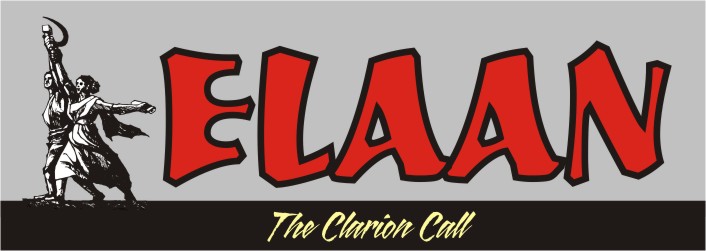
For quite some time the Prime Minister has been trying to persuade the country that the “Maoist” are the greatest threat to the security of India. May we ask a humble question to our Prime Minister - which India does he have in mind? The India that has enriched itself enormously during the two decades of globalization or the India that does not get two square meals?
In the recent UNDP report, the poverty in India has once again been high lighted. Out of the human development indicator issued for 182 countries, India occupies the 134th Rank. In 2007 its rank was 126 where as in 2008 it was 128. No lesser person than Amrtyasen has stated that in the course of globalization and privatization the poor in India being pushed outside the development.
Most of the governmental projects are made keeping the middle class in mind and whatever little is adopted for the poor never reaches them due to corruption. The human development indicator is prepared based on education health and income of individual and in all these three, India is extremely backward even as compared to Bhutan and Srilanka. In area of public health 20 lakhs children die under the age of 5 every year of which 28% die due to want of potable water.
In our country the poverty line (BPL) is decided on the basis of consumption of calories. Those who consume between 2100-2400 calories are considered outside the BPL .By this yardstick as per the planning commission 28.5 % are within BPL but committee appointed by the Rural development ministry headed by N C Saxena has put this figure at 50% since to consume that amount of calories, a person has to spend Rs 1000/- in cities and Rs. 700/- in village instead of Rs 535 and 356 estimated by planning commission. The claim of government that globalization has reduced the percentage of poverty since 1999 is thus fully belied. The lakhs of farmers who have committed suicide in “developed “states like Maharashtra and Gujarat also expose the hollowness of government claim. On the other hand, the enormous wealth accumulated by a hand full of Indian capitalist led by Ambanis and Tatas would go to show that privatization and globalization has only helped the rich to become richer.
Keeping in mind the above facts and figures, let us examine the threat perspective posed by “Maoists” as alleged by the Government. It is said that the “Maoist” consists of around 5000 or so rag-tag militia carrying assortment of guns and explosives. Can it be believed that the mighty Indian State with millions of military, Para-military, police and other forces armed with the most sophisticated weapons can be threatened by such a rag-tag militia?
It may not be an altogether coincidence that ever since P.Chidambaram became the Home Minister of India, the war cries against the “Maoists” have become louder. It may be interesting to recall that Shri Chidambaram was previously the Board member and also the counsel of the Vedanta Group of companies which through Sterlite Company hold major interest in mining and minerals including BALCO in Chhattisgarh. It is also a geographical coincidence that mines and minerals are below the ground in remote areas inhabited by adivasis, the class of people which the “Maoists” allegedly support. It would therefore be reasonable to draw the inference, that it is not really the rag-tag “Maoist” militia that bothers the Indian State but the millions of adivasis and other poor people who live in the remotest areas of this county who are sitting on the billions worth of valuable minerals. We do not agree with the violent methods of the “Maoist” but we also do not agree with the threat perspective that is being touted by the Government. It is not a war against another army but it is a war against the poor to appropriate their share of wealth.






